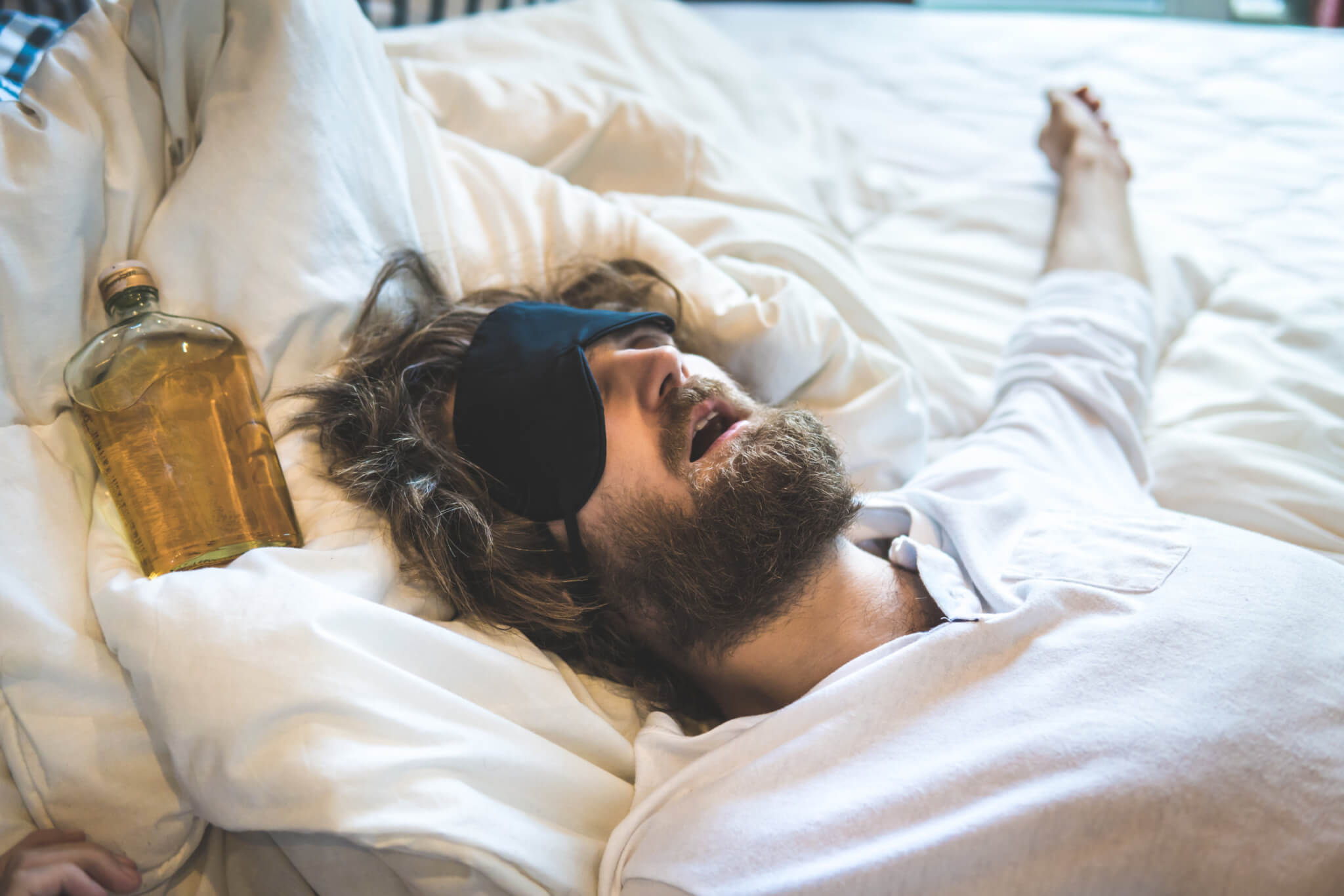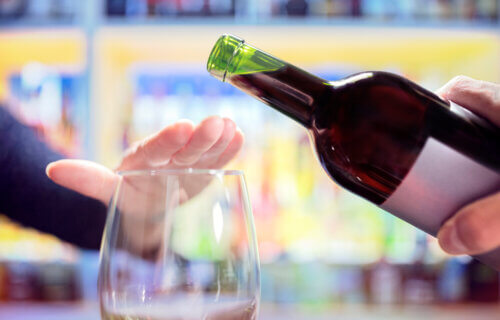Being “sober curious” is nothing new, but recently it’s seen a surge in popularity on social media. Influencers left and right are dabbling in an alcohol-free lifestyle, and it’s more than just a trend. Offline, we see more and more restaurants offering mocktails and other non-alcoholic drinks that give the feel of booze, without any of its effects. Let’s dive into what the movement actually is, and the potential health benefits we could see as the idea continues to grow in popularity.
Sober curious is not the same thing as sobriety, meaning it does not mean that you’ve signed up to entirely cut alcohol out of your life. It instead refers to being more critical of your drinking habits. It calls you to reflect on why and under what circumstances you drink alcohol in order to help you notice any trends that could possibly indicate mindless drinking. It invites the idea that you might want to become sober but doesn’t demand that you do.

Historically, sobriety hasn’t always been the popular choice. Much of American and global history has revolved around alcohol. In the United States, tailgating with drinks is a big part of sports. Weddings and open bars often go hand in hand, and celebrating the new year with champagne is practically a requirement. Even though alcohol might not pose a significant threat to everyone’s health, it is often a slippery slope. A lot of people who test the waters of sobriety haven’t even hit “rock bottom;” they just want to see if the lifestyle change could benefit them.
Whether you’re looking to reduce your alcohol consumption or cut it out altogether, there are some health benefits that come with it:
Better digestion
Excess or regular alcohol consumption can irritate the gut and lead to uncomfortable issues like acid reflux or gastritis. By significantly reducing your intake, you might notice an improvement.
More energy
Even just one or two drinks is enough to disrupt some people’s sleep. You can end up feeling lethargic the next day, even if you didn’t go all out the night before. Alcohol can also be dehydrating, which can worsen feelings of fatique.
Aid weight loss
Ever felt like you had the diet and exercise under control, but still couldn’t drop the pounds? If you regularly drink, it might be time to look at that habit differently. Alcohol is seven calories per gram on its own. However, this figure doesn’t represent the sugar-laden beverages that many people drink, like the ones that come with extra juices, sugar rims, sodas, and more.
You keep your B vitamins
Excess alcohol can deplete vitamins like thiamine, B12, and folate. In fact, one of the several possible reasons for a hangover is that your body doesn’t have enough of these nutrients after a fun night of drinking. Eating a varied and adequate diet while also reducing your alcohol consumption can ensure you sustain healthy amounts of B vitamins.

How to start being ‘sober curious’
It can be hard to figure out where to start, especially if you are often in social situations where there is pressure to drink alcohol. Giving up alcohol isn’t always easy, especially if you are regularly in social situations where you might feel pressured to drink by friends, family, or co-workers. If you want to try being sober curious, there are strategies that can help you take a more mindful approach to drinking. Of note, if you struggle with known alcohol abuse, seeking professional help should be the priority.
To start, broadly think about your relationship with alcohol. Are you just a social drinker? Do you drink to deal with depression? Do you do it because you think you should in order to have fun?
After, you can start to figure out what a sober curious life looks like for you. You can try going to events you normally would be drinking at, without any anticipation of drinking in order to see how you feel. It can be difficult if you’re on the journey alone, so try to seek out any friends or family that typically don’t drink. Reflecting on your own habits and seeking support once you’re ready to explore the lifestyle are the best ways to start.
Bottom Line
Whether you’ve wanted to try it for some time, or are just starting to think about it now, the sober curious movement is not binding, but it could be a great way for you to positively change your relationship with alcohol. The ultimate goal is not to be sober forever but to make you more aware of how and why you make certain drinking choices. Cutting out or even just reducing your alcohol consumption can have positive impacts on not just your health, but your relationships and overall life experiences.
